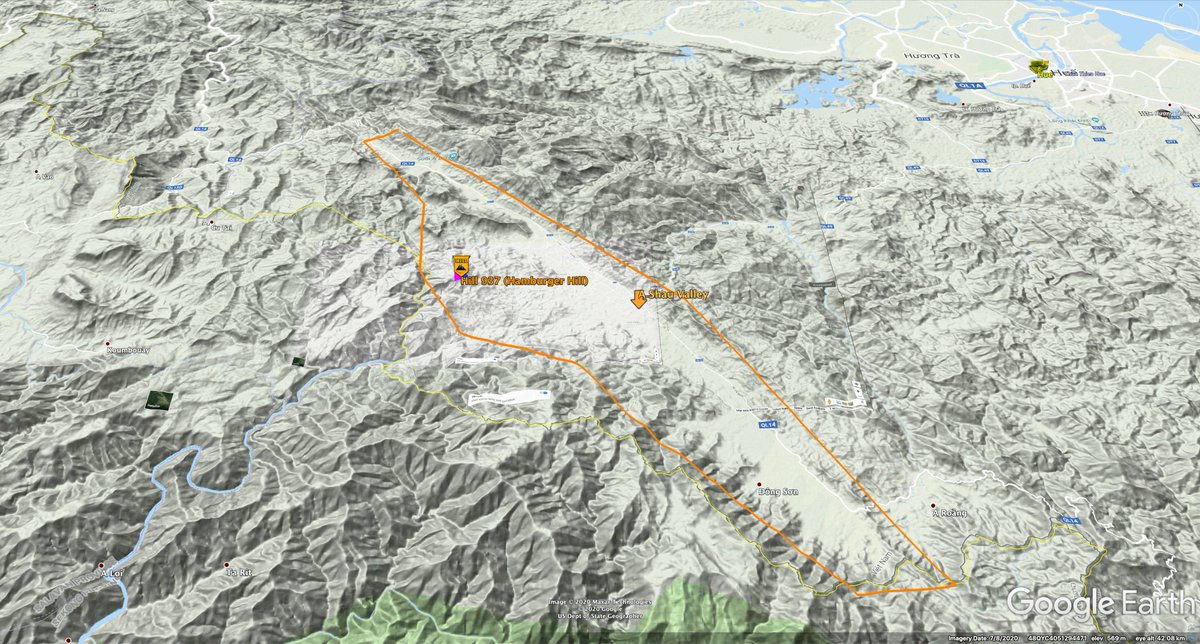
We hope you and your Families are enjoying a relaxing Mother's Day Sunday.
This Tuesday we'll continue the 70-year story of the XVIII Airborne Corps with the period between 1962 and 1973.
For now, let's recap the history from 1951 to 1962.
[1 of 5]
This Tuesday we'll continue the 70-year story of the XVIII Airborne Corps with the period between 1962 and 1973.
For now, let's recap the history from 1951 to 1962.
[1 of 5]

[2 of 5]
In this first portion of our documentary, we cover the Corps' rebirth and the years 1951 to 1953. The Corps was just coming together on Fort Bragg.
In this first portion of our documentary, we cover the Corps' rebirth and the years 1951 to 1953. The Corps was just coming together on Fort Bragg.
[3 of 5]
Next up, the years 1953 to 1958. This period saw the 101st Airborne joined the Corps and big training exercises on Bragg and Campbell.
Next up, the years 1953 to 1958. This period saw the 101st Airborne joined the Corps and big training exercises on Bragg and Campbell.
[4 of 5]
The next period we've covered is 1958 to 1962, when the Corps led a massive restructuring effort for the Army.
The next period we've covered is 1958 to 1962, when the Corps led a massive restructuring effort for the Army.
[5 of 5]
We'll pick it back up on Tuesday with the period from 1962 to 1973. This period covers the Vietnam War, another reorganization, another new mission, and a response to the Dominican Civil War.
We'll pick it back up on Tuesday with the period from 1962 to 1973. This period covers the Vietnam War, another reorganization, another new mission, and a response to the Dominican Civil War.

• • •
Missing some Tweet in this thread? You can try to
force a refresh





















